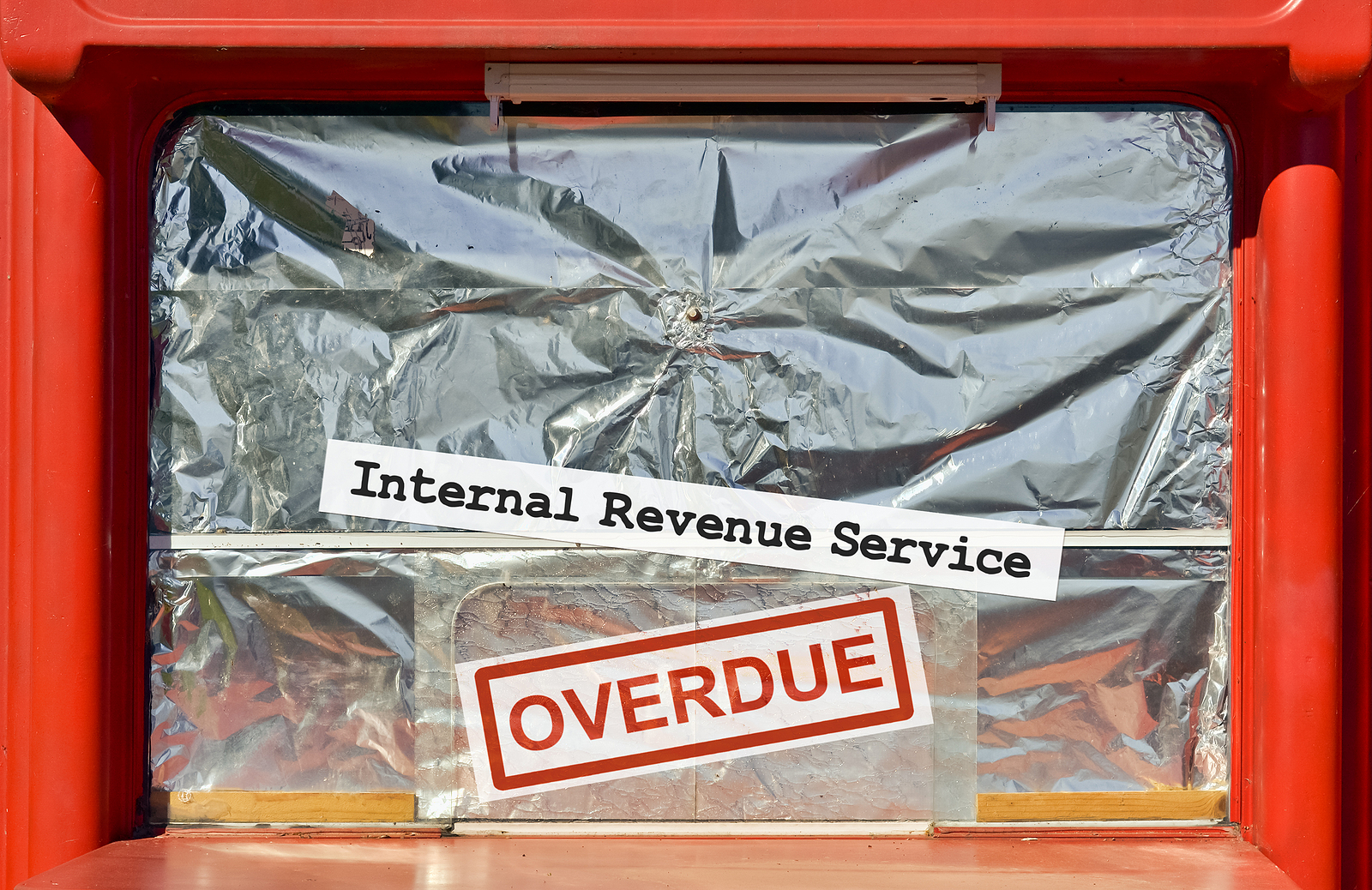As soon as the IRS contacts you about unpaid taxes, acting quickly can save you a lot of money and help avoid tax liens and levies. Unfortunately, life issues can get in the way of handling back taxes promptly. For example, suppose you haven’t acted upon notification from the IRS regarding unpaid tax liabilities. In that case, you should expect to receive notification from them placing a lien or a levy on your assets. When that happens, you have no time to lose. You must act immediately to prevent that escalation by the IRS because the financial ramifications of either action can be devastating.
Tax Lien – What is it?
- Your assets – A tax lien lays claim to your assets. It prevents you from selling or transacting other business before your tax obligation has been satisfied.
- The IRS sends a notice to your creditors and debtors – With the intent to collect on your tax debt to them, the IRS can send a notification to anyone who owes you money or other assets, notifying them of the lien or claim on your assets. For your creditors, this tells them that the IRS claim to your assets supersedes any claim they may have.
- Not on your credit report – As of 2018, the IRS stopped reporting tax liens to credit agencies; however, that doesn’t always prevent those agencies from finding out.
- Lenders and liens – If lenders know about your tax lien, they may not want to approve loans for you.
Tax Levy – What is it?
The most significant difference between a lien and a levy is that while liens are a claim to your assets, a levy is the actual collection of your assets with the intent to use them to pay your tax debt. The IRS can claim and take wages, material property, and even funds in your existing bank accounts without your approval.
- Notices – Before the IRS can collect your assets, they must first send notifications. They start by sending the tax debtor their demand for full payment. Next, they send a hand-delivered or registered-mail final notice of their intent to levy (take) your assets, along with information about your right to ask for due process, such as a trial. After that, they send a notice to the tax debtor, listing the exact assets they intend to levy.
- Your assets – Once the notices go out, the IRS must wait 30 days to collect from the debtor. WITHOUT YOUR APPROVAL, the IRS can then take wages, material property, and funds in your existing bank accounts.
- The IRS sends notices to others –
- The IRS contacts your employer, who is obligated to turn over some portion of your paycheck to them.
- They contact your bank, which will freeze your accounts, giving you 21 days to rectify the situation before sending your funds to the IRS.
- The IRS also contacts entities who make payments to you, giving instructions to send those payments to them.
Liens and Levies can be embarrassing, inconvenient, and costly while requiring much paperwork, research, court time, and legwork. They come with stress, confusion, and frustration. Meeting with the IRS yourself eats up work and personal time and creates extreme financial duress. Let Myrick CPA go to bat for you with the IRS. We’ll contact the IRS to represent your interests, so you can focus on your life while we negotiate your best settlement and payment arrangements. Let us save you time, money, and peace of mind. Contact us to schedule your free tax resolution consultation today.






